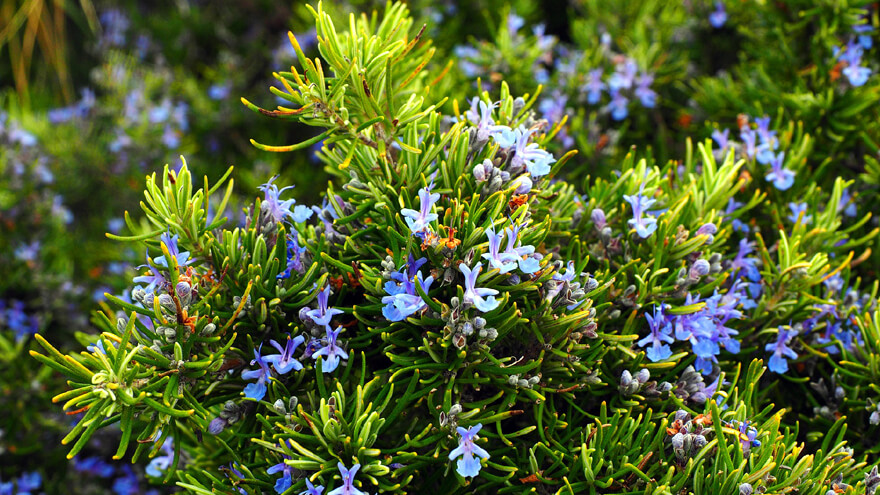Rosemary’s active substance carnosic acid protects the brain from neurodegenerations caused by damage caused by free radicals
Rosemary is not only a spice plant that gives a special taste to dishes but also a protector of the brain. Its active substance carnosic acid protects the brain from neurodegenerations, caused by damage caused by free radicals. Alzheimer’s disease is one of the most well-known neurodegenerative diseases, which is caused by the harmful effects of free radicals, scientists from research centers in Los Angeles and Japan pointed out.
In experiments performed by Dr. Takumi Satoha in Japan and Dr. Stewart Lipton in Los Angeles, it was shown that carnosic acid becomes active under the influence of free radicals, attacking them instead of neurons so that the neurons remain preserved. In that way, it takes on the role of active medicine and does not cause any side effects.
It works through a mechanism called redox chemistry, where electrons are transferred from one molecule to another to activate the body’s immune response. In this research adventure, perhaps the most important thing is that possibly new neurological drugs with medicinal ingredients from rosemary would be absolutely harmless to humans, scientists say.


